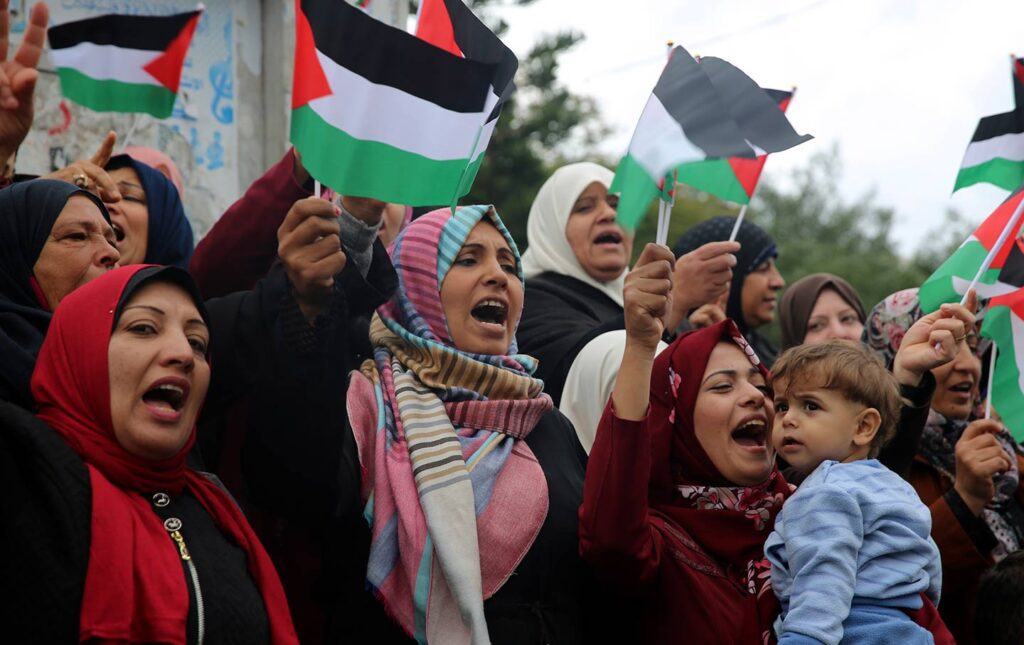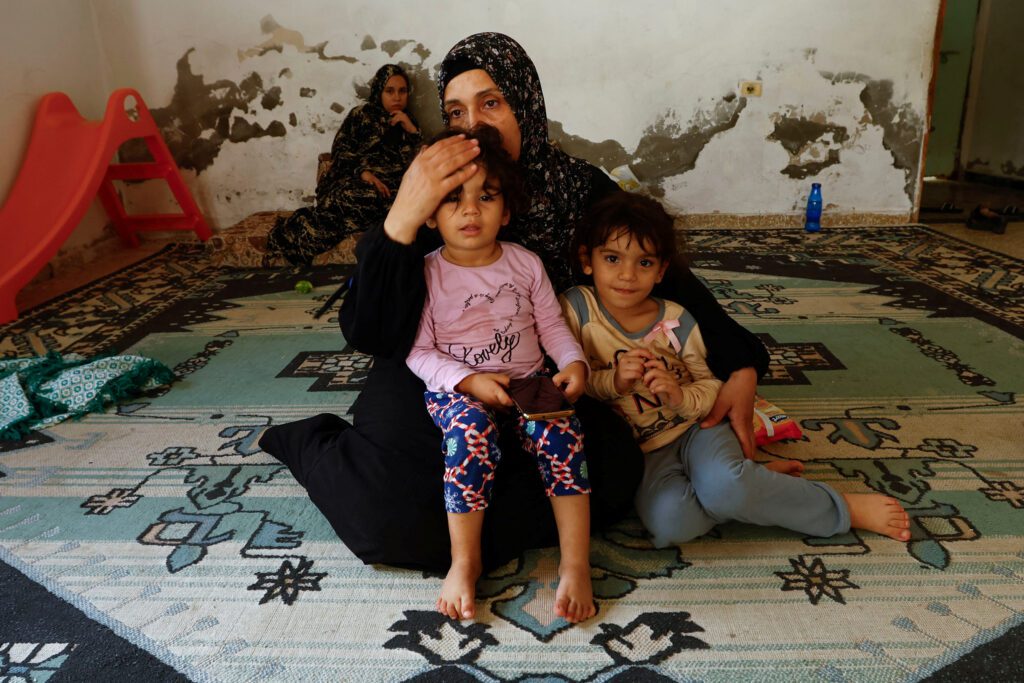Conflict and violence, like the longstanding Israel-Palestine dispute, leave indelible scars on the minds and hearts of those caught in the crossfire. While the world often focuses on the physical and geopolitical dimensions of such conflicts, the mental suffering and illnesses that children and women endure are frequently overlooked. This article will delve into the mental anguish that has afflicted Palestinian children and women during the Israel-Palestine conflict, shedding light on how the quest for survival and safety can lead to the underdiagnosis of mental health issues.

The Hidden Toll on Children
Children are among the most vulnerable during times of conflict. In the Israel-Palestine context, Palestinian children have faced the horrors of war since the conflict’s inception. The constant exposure to violence, loss, and displacement can lead to a range of psychological problems, including post-traumatic stress disorder (PTSD), anxiety, and depression. Despite these prevalent issues, many children go undiagnosed and untreated.
For instance, consider the story of Ahmed, a 14-year-old Palestinian boy living in Gaza. He has spent his entire life under the shadow of conflict, enduring frequent air raids, witnessing the death of his family members, and struggling to access basic necessities such as clean water and education. These traumatic experiences have left Ahmed with deep emotional scars, making it difficult for him to concentrate at school, sleep through the night, or build healthy relationships with peers. Yet, like many others, Ahmed’s suffering often goes unnoticed amidst the chaos of survival.
The Silent Suffering of Women
Women, especially mothers, play a vital role in the fabric of any society. However, during times of conflict, their roles become even more complex. They bear the responsibility of shielding their families, often at the cost of their own well-being. The burden of this responsibility can lead to severe mental health challenges such as depression, anxiety, and emotional trauma.
Palestinian women, like Amina, who lives in the West Bank, exemplify this silent suffering. Amina has witnessed the destruction of her family’s home, endured invasive checkpoints, and seen her husband detained without trial. The stress of trying to maintain a sense of normalcy for her children while living in a constant state of insecurity has taken a toll on her mental health. Yet, Amina’s pain remains hidden, as her focus is primarily on survival and protecting her family.
The Unseen Consequences
One of the key reasons why mental illnesses often go undiagnosed in conflict zones is the prioritization of physical survival. In places like Gaza and the West Bank, access to mental health services is limited due to strained resources and the pressing need for immediate medical attention. Additionally, the stigma surrounding mental health in many Middle Eastern cultures often prevents individuals from seeking help or even acknowledging their struggles.
Another factor contributing to the underdiagnosis of mental health issues is the normalizing of trauma. In areas marked by persistent violence, the ongoing exposure to traumatic events can desensitize individuals, making it difficult for them to recognize the extent of their suffering. This normalization of trauma perpetuates a cycle of emotional distress that remains untreated.

International Aid and Local Initiatives
Efforts to address the mental health crisis in conflict-affected areas are slowly gaining momentum. International organizations and local NGOs are working to provide essential psychological support to affected populations, including children and women. They aim to create safe spaces where individuals can express their feelings, receive therapy, and develop coping strategies.
However, the international community must do more to ensure that mental health services are available and accessible to all, regardless of their location or the severity of the conflict. Raising awareness about the mental suffering endured by children and women in conflict zones is an essential step toward bringing about the necessary changes.
The Israel-Palestine conflict serves as a poignant example of how mental suffering and illnesses often go undiagnosed during times of conflict. Palestinian children and women endure emotional scars that may last a lifetime, while the world focuses on the geopolitical aspects of the dispute. Addressing the mental health crisis in conflict zones requires a multi-faceted approach, including increased access to mental health services, reducing stigma, and raising awareness. Only by recognizing the hidden suffering can we begin to heal the mental wounds of those caught in the crossfire.



















